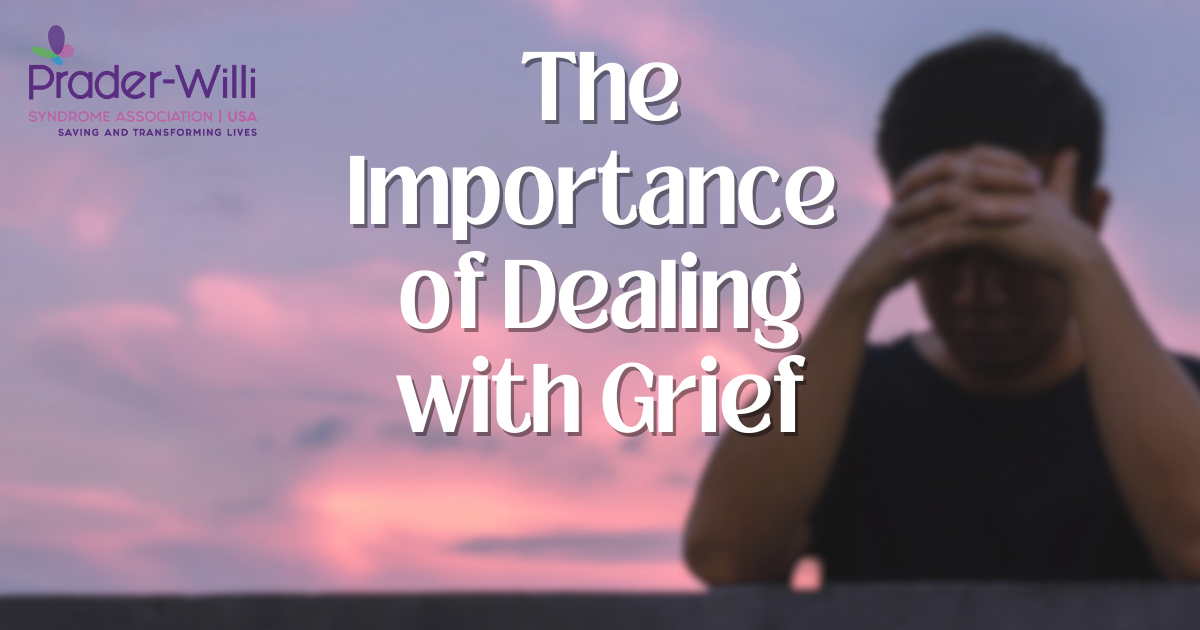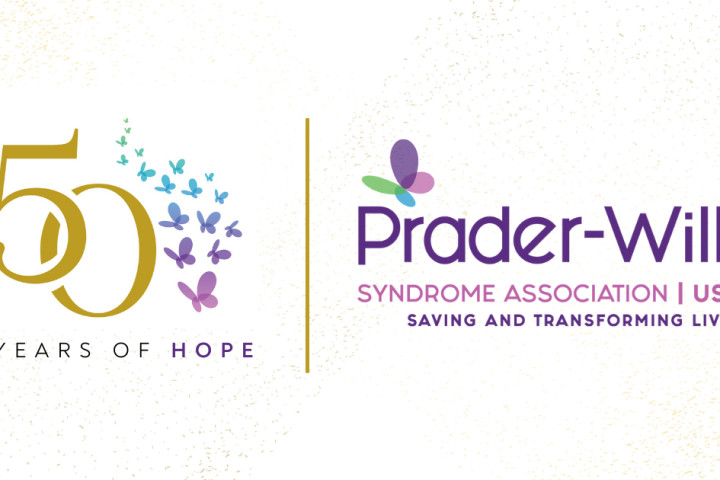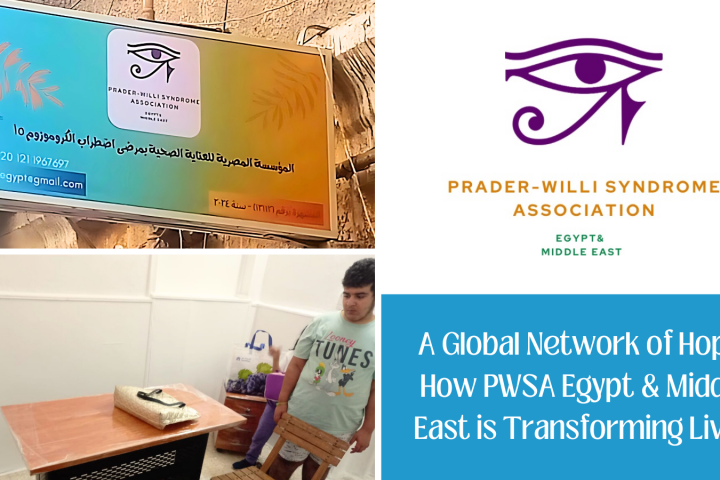Contributed by Kristi Rickenbach
I feel so alone.
Why am I so sad?
What did I do wrong?
How am I supposed to go on?
No one understands.
Grief can leave you feeling isolated, depressed, and scared for the future. It often goes unnoticed by those around you as you continue with your daily routines. We learn to hide behind a facade, keeping the grief hidden, afraid to let anyone see the truth.
“And it gets old to everyone around you. People get tired of you bringing it up. People get burdened by your sadness. So you act like it doesn’t hurt anymore. Just so you can stop people from worrying about you. Just so you won’t annoy anyone with your grief.” – Brittainy C. Cherry
Come Out of the Dark
It’s important to acknowledge that we all carry some level of grief within us. We should feel free to express our emotions when grief overwhelms us, rather than suppressing them. Ignoring these feelings can lead to anger, physical illness, or other negative effects like isolation and mental health concerns.
It’s crucial to find someone to talk to, whether friends, family, spiritual leaders, or Facebook friends, to share our tears with, and to have someone who understands that grief doesn’t simply vanish. Grief isn’t something you can just “get over,” and sadness can’t be medicated away. It’s a real and valid experience.
I must admit that grief has played a significant role in my life, more than I’d like to admit. I’ve been guilty of burying my sadness deep down, fearing vulnerability or appearing weak. I didn’t even realize that grief was the underlying force that kept me occupied. It wasn’t until I spoke with Kim Tula, a grief counselor at PWSA | USA, that I learned about the different ways people grieve.
Types of Grievers
Intuitive grievers are those who tend to be more emotional and focused on dealing directly with the emotional pain. Intuitive grievers tend to have strong affective reactions or waves of powerful emotions. Processing and moving forward for intuitive grievers involve exploring and expressing feelings and progressing through the pain to heal.
Instrumental grievers tend to process loss in a more cognitive manner or by immersing themselves in activities, needing to do something and explain the loss. These individuals tend to be more thinkers than feelers. They tend to process quietly with less expression of emotions. They may also express their grief through tasks, such as investing energy in raising awareness, fundraising, or fixing things around the house.
My Own Grief
Recognizing my grief, admitting that it is entwined in everything I do, and finding community have kept me sane. I have friends who have surrounded me and shown me compassion and love, even when I probably don’t deserve it. My “tribe” is comprised of people who understand my grief and who are dealing with the same or similar issues. Finding your people is one of the best ways to learn to laugh through the pain; laughter is healing.
I also have my faith, which has sustained me through some of the most difficult times and reminds me daily that there is joy to be found in every situation.
Recently, I started to see a therapist. For years, I was sure I could manage all the feelings. I stayed busy to suppress my anger, fear, and sadness, thinking there wouldn’t be any consequences for these actions. The busyness was the grief, the short attention span was the sadness, and the constant need to care for others was fear. The anger came out in many ways and often fell on those I loved the most. Working with a professional, I learned to recognize that these actions are harmful not only to myself but to those around me.
I learned to shift my mindset, instead of being resentful I now flip the script. Changing from “there are so many appointments it is hard to keep up” to “I am so grateful for all of the specialists we have.” This can be done with even the most mundane situations; “I am tired of cooking dinner” is now “I am grateful we have food to cook.” Changing our focus to the positive will change your attitude and help conquer grief.
PWSA | USA Can Help
Having a child with a disability or rare genetic disorder can bring a kind of grief to a family that most can’t relate to. Of course, we feel the joys and successes and love to celebrate those, but we also need to have a safe space to talk about and process the grief that we experience as well. If you have ever felt this way (overwhelmed by grief or are struggling to manage the many emotions that come with being a parent/caregiver), please know you are not alone. PWSA | USA has a family support team that is available to you, and I will always take your call.
Resources:
Learn how journaling can help you process your grief: PWSA | USA Facebook Livestream Event: Journal Therapy (youtube.com)
Share this!





 Jennifer Bolander has been serving as a Special Education Specialist for PWSA (USA) since October of 2015. She is a graduate of John Carroll University and lives in Ohio with her husband Brad and daughters Kate (17), and Sophia (13) who was born with PWS.
Jennifer Bolander has been serving as a Special Education Specialist for PWSA (USA) since October of 2015. She is a graduate of John Carroll University and lives in Ohio with her husband Brad and daughters Kate (17), and Sophia (13) who was born with PWS. Perry A. Zirkel has written more than 1,500 publications on various aspects of school law, with an emphasis on legal issues in special education. He writes a regular column for NAESP’s Principal magazine and NASP’s Communiqué newsletter, and he did so previously for Phi Delta Kappan and Teaching Exceptional Children.
Perry A. Zirkel has written more than 1,500 publications on various aspects of school law, with an emphasis on legal issues in special education. He writes a regular column for NAESP’s Principal magazine and NASP’s Communiqué newsletter, and he did so previously for Phi Delta Kappan and Teaching Exceptional Children. Evan has worked with the Prader-Willi Syndrome Association (USA) since 2007 primarily as a Crisis Intervention and Family Support Counselor. Evans works with parents and schools to foster strong collaborative relationships and appropriate educational environments for students with PWS.
Evan has worked with the Prader-Willi Syndrome Association (USA) since 2007 primarily as a Crisis Intervention and Family Support Counselor. Evans works with parents and schools to foster strong collaborative relationships and appropriate educational environments for students with PWS. Dr. Amy McTighe is the PWS Program Manager and Inpatient Teacher at the Center for Prader-Willi Syndrome at the Children’s Institute of Pittsburgh. She graduated from Duquesne University receiving her Bachelor’s and Master’s degree in Education with a focus on elementary education, special education, and language arts.
Dr. Amy McTighe is the PWS Program Manager and Inpatient Teacher at the Center for Prader-Willi Syndrome at the Children’s Institute of Pittsburgh. She graduated from Duquesne University receiving her Bachelor’s and Master’s degree in Education with a focus on elementary education, special education, and language arts. Staci Zimmerman works for Prader-Willi Syndrome Association of Colorado as an Individualized Education Program (IEP) consultant. Staci collaborates with the PWS multi-disciplinary clinic at the Children’s Hospital in Denver supporting families and school districts around the United States with their child’s Individual Educational Plan.
Staci Zimmerman works for Prader-Willi Syndrome Association of Colorado as an Individualized Education Program (IEP) consultant. Staci collaborates with the PWS multi-disciplinary clinic at the Children’s Hospital in Denver supporting families and school districts around the United States with their child’s Individual Educational Plan. Founded in 2001, SDLC is a non-profit legal services organization dedicated to protecting and advancing the legal rights of people with disabilities throughout the South. It partners with the Southern Poverty Law Center, Protection and Advocacy (P&A) programs, Legal Services Corporations (LSC) and disability organizations on major, systemic disability rights issues involving the Individuals with Disabilities Education Act (IDEA), Americans with Disabilities Act (ADA), and the federal Medicaid Act. Recently in November 2014, Jim retired.
Founded in 2001, SDLC is a non-profit legal services organization dedicated to protecting and advancing the legal rights of people with disabilities throughout the South. It partners with the Southern Poverty Law Center, Protection and Advocacy (P&A) programs, Legal Services Corporations (LSC) and disability organizations on major, systemic disability rights issues involving the Individuals with Disabilities Education Act (IDEA), Americans with Disabilities Act (ADA), and the federal Medicaid Act. Recently in November 2014, Jim retired.